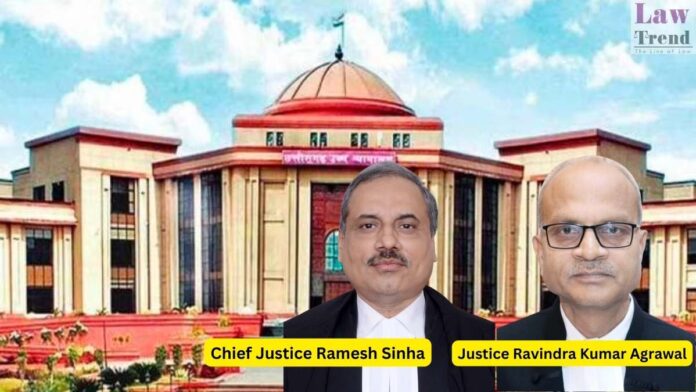The Chhattisgarh High Court, in a significant ruling, upheld the conviction and life imprisonment of two accused in a dowry death case, emphasizing that an authentic and trustworthy dying declaration can be the sole basis for conviction. The Division Bench, comprising Chief Justice Ramesh Sinha and Justice Ravindra Kumar Agrawal, dismissed the appeal of Sudhir
To Read More Please Subscribe to VIP Membership for Unlimited Access to All the Articles, Download Available Copies of Judgments/Order, Acess to Central/State Bare Acts, Advertisement Free Content, Access to More than 4000 Legal Drafts( Readymade Editable Formats of Suits, Petitions, Writs, Legal Notices, Divorce Petitions, 138 Notices, Bail Applications etc.) in Hindi and English.




